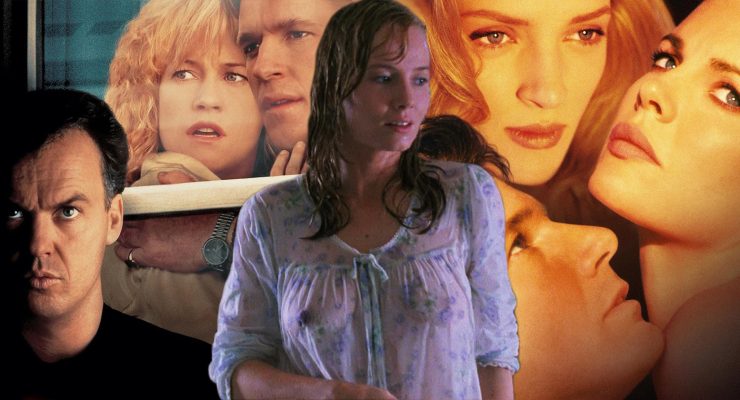Just Jim, 2015.
Written and Directed by Craig Roberts.
Starring Emile Hirsch, Craig Roberts, Ryan Owen, Charlotte Randall, Nia Roberts and Aneirin Hughes.
SYNOPSIS:
Living in the sleepy valleys of Wales, Jim has his life altered when an enigmatic American moves in next-door.
Those of you familiar with Craig Roberts will most likely remember him from his breakout performance in Richard Ayoade’s film Submarine, and those who don’t might well remember his much earlier role as Rio in The Story of Tracy Beaker. Transgressing past his childhood roles on-screen Roberts takes up residence behind the camera for his directorial debut, Just Jim. Having written, directed and starred in his own film, Just Jim stands as an incredibly striking achievement, illustrating all the potential that the multifaceted Roberts possesses in its execution.
The comedy of Just Jim is both poignant and surreal, at times seeming extremely dry and deadpan in its approach towards the beginning, building the context around what adolescent life is like in the sleepy slow-moving monotony of a Welsh village in the 90’s. The quote, “I just wanted to come to a place where everyone looked miserable but acted happy” delivered by Emile Hirsch’s character (Into the Wild, Milk), acts a notable summary for Jim’s location in the valleys. The comedy also immediately introduces the audience to the idea that the darker tones it hints at early on will develop as the film progresses. Thematically this works tremendously well as a build up to the drama of the second act, displacing the central character of Jim as an outsider to all others who live in the same area. The acting from both Roberts and Hirsch is well conceived multi-layered showing that both characters are more complicated than they are first introduced to be. The portrayal of Welsh adolescence, far past the humour is made clearer still through the films emphasis on style and cinematography. The colour saturation in the film increases gradually as the emotions and character of both Jim and Dean are explored further. Its pace also increases gradually, with the increasing screen presence of Emile Hirsch’s character, Dean, to reveal that every event seems to have a lasting impression upon the main protagonist.
While the film is by no means perfect, it is an exceptionally well made directorial debut. The film’s biggest issue is that at times it appears as a culmination of shorter separate sequences cut together to form a story, however this seems almost deliberate in an effort to illustrate the schizophrenic psychopathy of the protagonist. As the film is entirely shot from the point of view of Jim, we witness every dream, illusion and fantasy that Jim has, enabling viewers to question the reliability of the main character and what exists in and outside of his reality. The humour, although frequently funny does at some points fall short, cutting punch lines with scenes that move the story onwards past the joke, something that stops slows the delivery down. However, with that said these are very easy to overlook and are for the most part hardly noticeable.
Aesthetically, the single shot party sequence towards the middle of the feature summarises the relationship between Roberts and his cinematographer. It’s beautifully captured, fluent in its execution, dissolving swiftly from moments of authentic elation, into surreal darker regions that explore the duality of Jim’s character and the increasing influence that Dean’s character has over him.
Reflective of the Nihilism featured in Andrew Berkins’ The Cement Garden, minus the sexual gothic undertones, Just Jim captures the depression of its main character in every facet. In the expressionless comedy, the cinematography and the soundtrack, all aspects work together to provide the details of Jim’s identity and the struggles he has with it. The detail of the film is both commendable and consistent, using the Pied Piper’s Revenge as a metaphor for Dean’s role in the film Roberts intersects imagery of rats and mice throughout the film, hinting at this metaphor without making it too obvious.
Craig Roberts really comes into his own in Just Jim, allowing audiences an insight into the witty darker comedy style that both suits Roberts’ acting and directing approach. Made with the very small budget of £300,000, Just Jim stands as a monumental achievement that signifies the emergence of new British directorial talent.
Flickering Myth Rating: Film: ★ ★ ★ ★ ★ / Movie: ★ ★ ★ ★
Joshua Gill
https://www.youtube.com/watch?list=PL18yMRIfoszEaHYNDTy5C-cH9Oa2gN5ng&v=qvTY7eXXIMg











